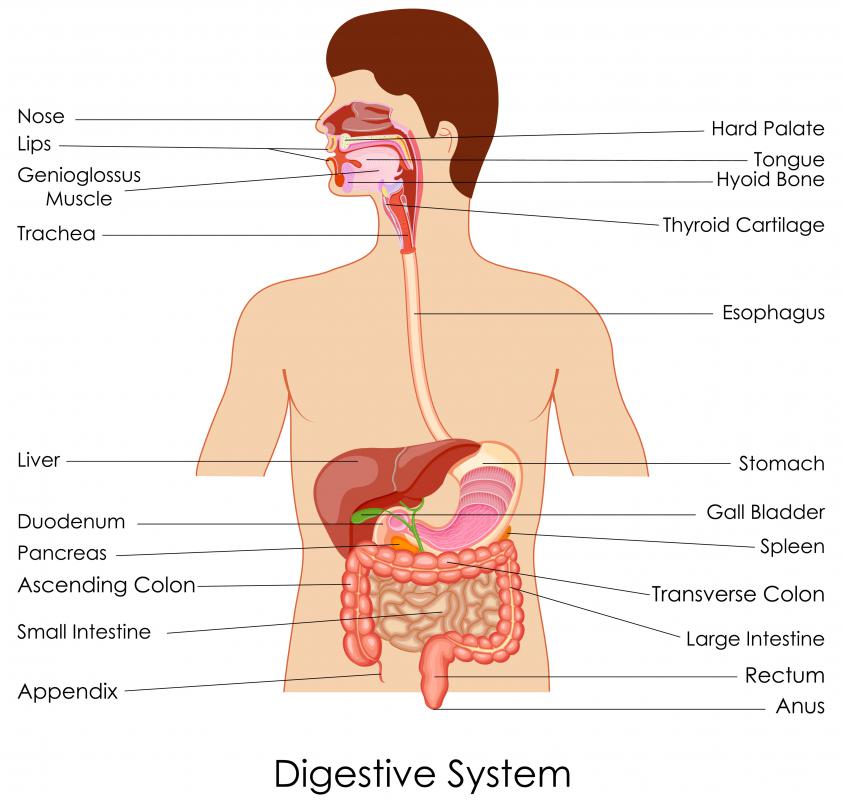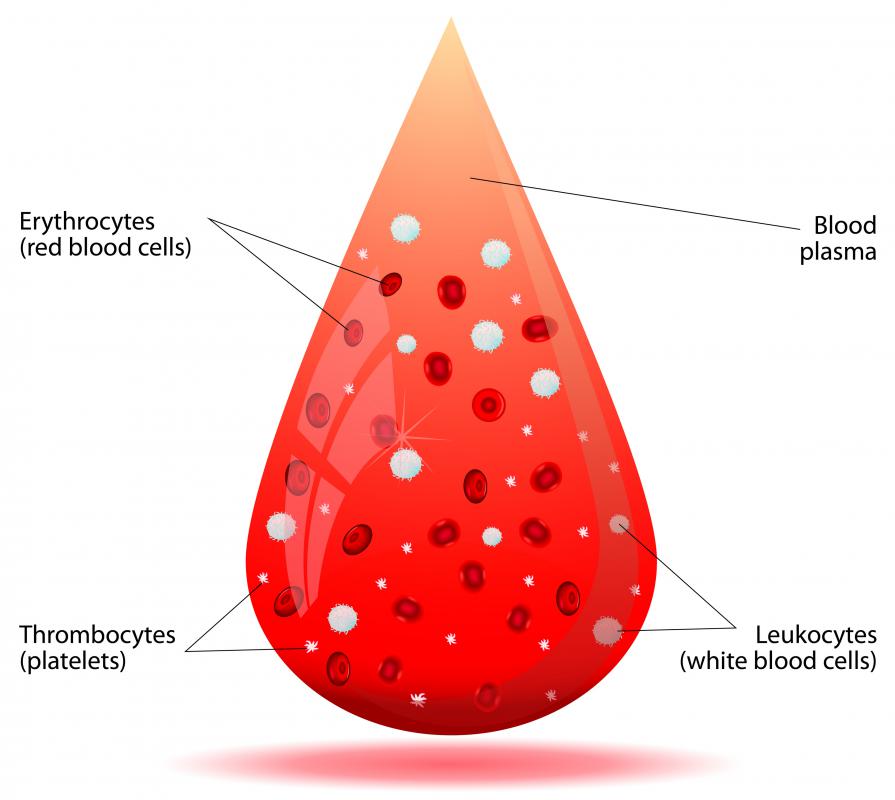At TheHealthBoard, we're committed to delivering accurate, trustworthy information. Our expert-authored content is rigorously fact-checked and sourced from credible authorities. Discover how we uphold the highest standards in providing you with reliable knowledge.
What Is a Vaso-Occlusive Crisis?
A vaso-occlusive crisis, or sickle cell crisis, is a condition that occurs in people who have the disease known as sickle cell anemia. In sickle cell anemia, there is a problem with the person's red blood cells which leads to them forming crescents that resemble the shape of a sickle, rather than the normal rounded donut shape. These odd cells have a tendency to stick together inside blood vessels, blocking them and shutting off the blood supply to body organs and tissues. This painful event, which can last for several days, is known as a vaso-occlusive crisis. Although vaso-occlusive crises can be managed with pain-relieving drugs and may go away by themselves, serious complications such as infections, lung problems and strokes can occur.
Symptoms of a vaso-occlusive crisis typically include pain, which can vary in its intensity. The pain is felt in different parts of the body such as the belly, spine, ribs and the bones in the limbs. A condition called dactylitis could occur, where the feet or hands swell up painfully.

Sometimes, the abdominal pain can be as severe as that of appendicitis. In the short term, a vaso-occlusive crisis causes pain because it prevents enough blood from reaching tissues, and an attack may last anything from a few minutes to several weeks before resolving. When attacks occur repeatedly, long-term damage to organs, joints and bones can take place.

Vaso-occlusive crisis is more likely to occur when patients have not drunk enough fluids, are extremely cold, or have exercised strenuously. This means that patients may be able to manage their lifestyles to lower the chance of an attack. Once an attack has occurred, management of a vaso-occlusive crisis frequently involves giving patients suitable drugs to help them cope with their pain. Different types of painkillers may be required depending on whether the pain is severe, mild or moderate. Fluids may also be given and oxygen may be needed if the chest is affected.

Complications of a vaso-occlusive crisis can be life-threatening and are the result of ischemic injuries to tissues and organs. A stroke may occur when blood vessels supplying part of the brain are blocked. If a vaso-occlusive crisis reduces the blood supply to the spleen, this can leave patients prone to infections, as the spleen is an important part of the immune system. In the chest, damage to the ribs can lead to lung collapse and breathing difficulties. Jaundice may occur in some patients.
AS FEATURED ON:
AS FEATURED ON:


















Discuss this Article
Post your comments